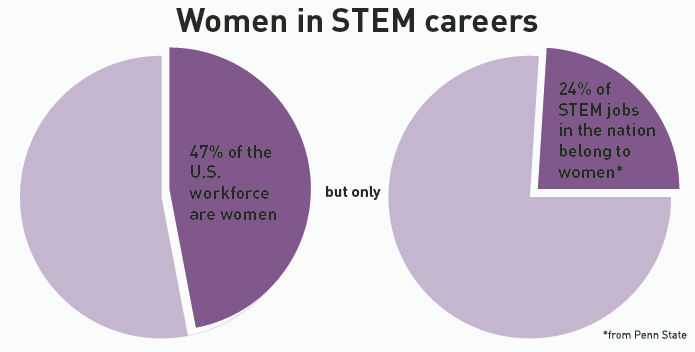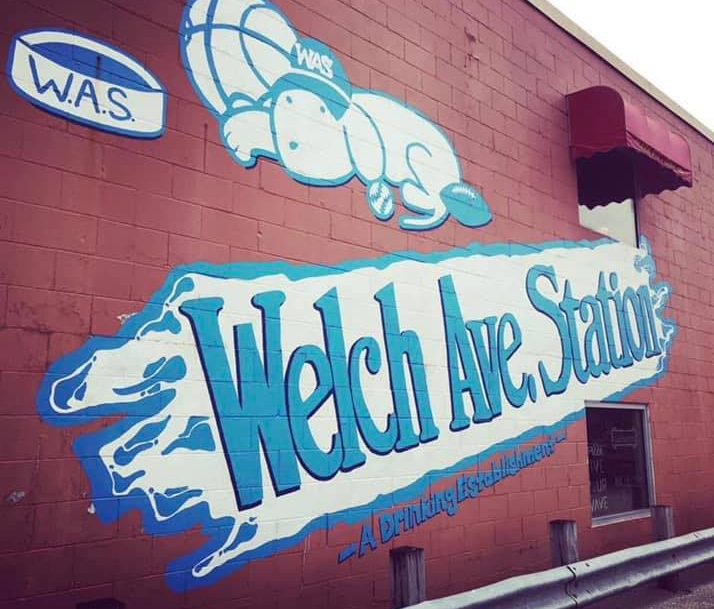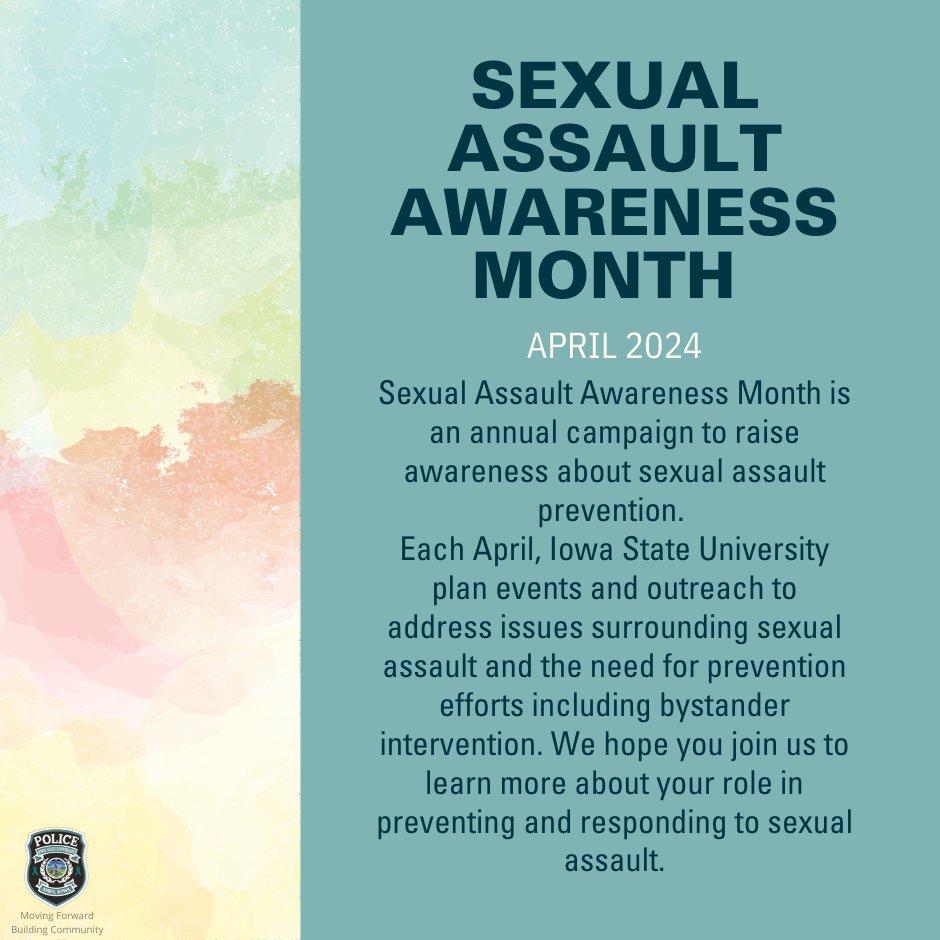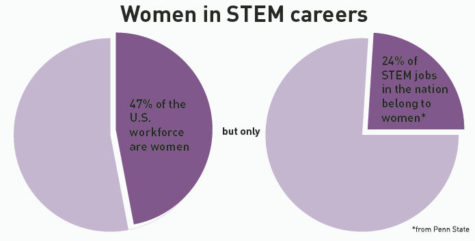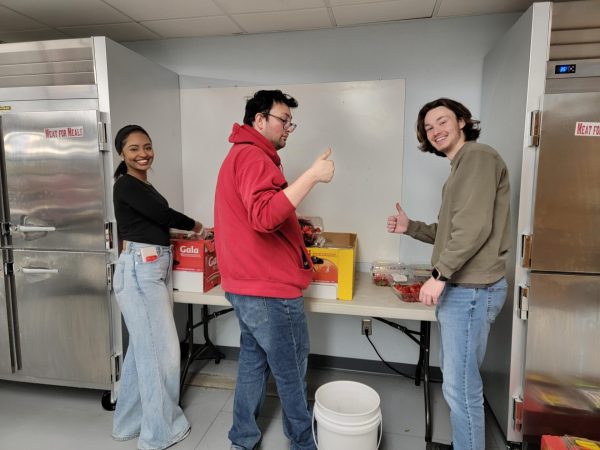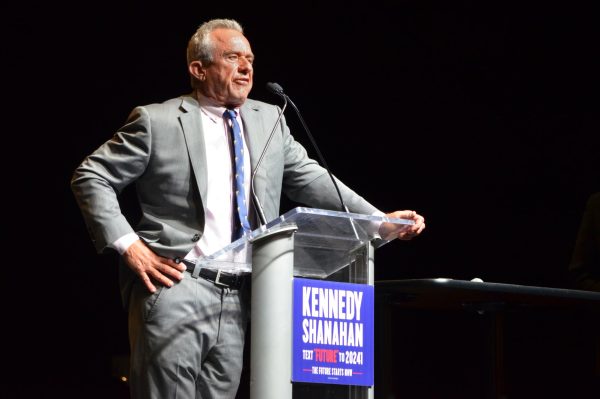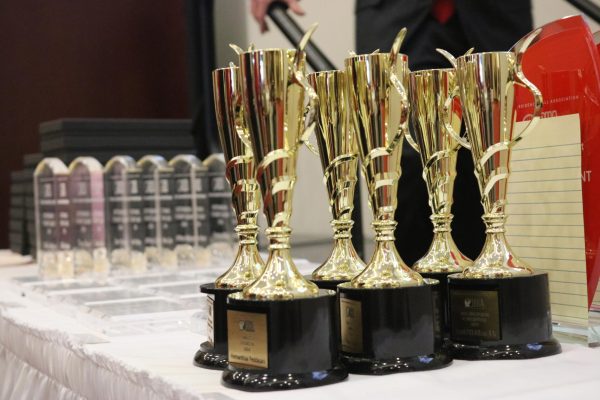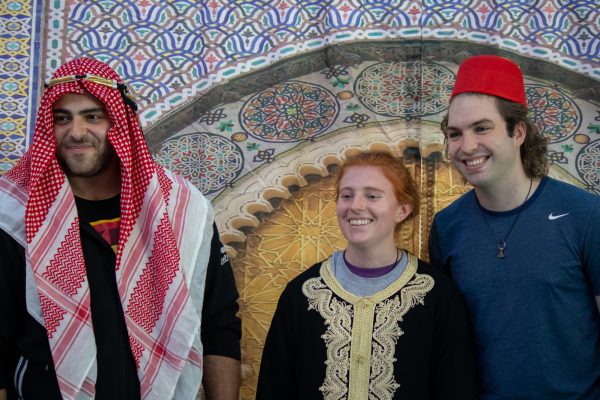Barack Obama speaks to Boone residents at potluck
June 18, 2007
Sen. Barack Obama, D-Ill., spoke about his experience with public service, his belief in the identity of America and his plans for its future in Boone on Saturday.
The crowd of more than 200 people fanned themselves in the heat as Obama discussed his beliefs about the ability of America to solve the difficult challenges it faces today.
Obama pointed out what he sees as some of those challenges, including “a healthcare system that is broken” and a war he said was begun carelessly.
However, he said his fellow Democrats can tend to focus too much on difficulties and problems – he would also like to talk about hope, a tendency of his which he said he has been criticized for.
“They think I’m a hope-monger,” he said, eliciting laughter from the crowd.
On a more serious note, Obama later sketched out some of the things he believed contributed to the hope he has in America, highlighting such past achievements as putting people on the moon and the Civil Rights Movement.
Obama emphasized that although many refer to the Civil Rights Movement as a high point in African-American history, it is American history.
To improve healthcare, Obama recommended putting more money into prevention, so children receive regular check-ups and do not have to “go to the emergency room for treatable illnesses like asthma.”
He also said investing in technology for the medical profession in order to make communication more seamless and decrease medical errors would save the country money.
Obama spoke to the needs of education next, and said investing in early childhood education and better pay for teachers was important.
When asked if he had a plan to combat the tremendous tuition costs many college students face, Obama said he thought ending subsidies that allow banks and private corporations to make enormous profits would be a good move.
He said the money saved by doing this should be put toward expanding grant programs and student loan programs. He also said the federal government should meet its obligations to state governments so that state legislatures can provide adequate funding for higher education.
Finally, Obama addressed the military situation in Iraq, which he was proud to have opposed in 2002, when he said it was a bad idea that would cost America a great deal.
“I wish that hadn’t turned out to be the case, but it has,” Obama said.
The senator said, if elected, he would begin a phased re-deployment and “have combat troops out by next year.”
He also said making sure veterans had adequate disability services upon returning home would be a top priority.
When the Iraq war is ended, Obama said, America will be able to tell the world, “we are back.”
He said America could be ready to deal with climate change and ready to deal with the issue of nuclear proliferation, the latter of which Obama labeled as “ultimately, the most dangerous threat we face.”
Obama added that he would close the prison at Guantanamo Bay and also restore the writ of habeas corpus.
“I know where we need to go,” Obama said to the crowd in his closing words. “But I can’t do it by myself.”
He encouraged his listeners to be involved with the political process, and – of course – to support him in the upcoming caucus.
Michael O’Brien, who hosted the potluck at his house, said he thought the event went very well.
“I’m very impressed with his speaking capabilities,” O’Brien said.
O’Brien said the most important issue to him in deciding who to vote for in the upcoming election will be “a reasonable solution to Iraq.”
O’Brien said he thought Obama was “on the right track” as far as his ideas about the war are concerned, although he will probably have to “flesh them out as he goes along.”

